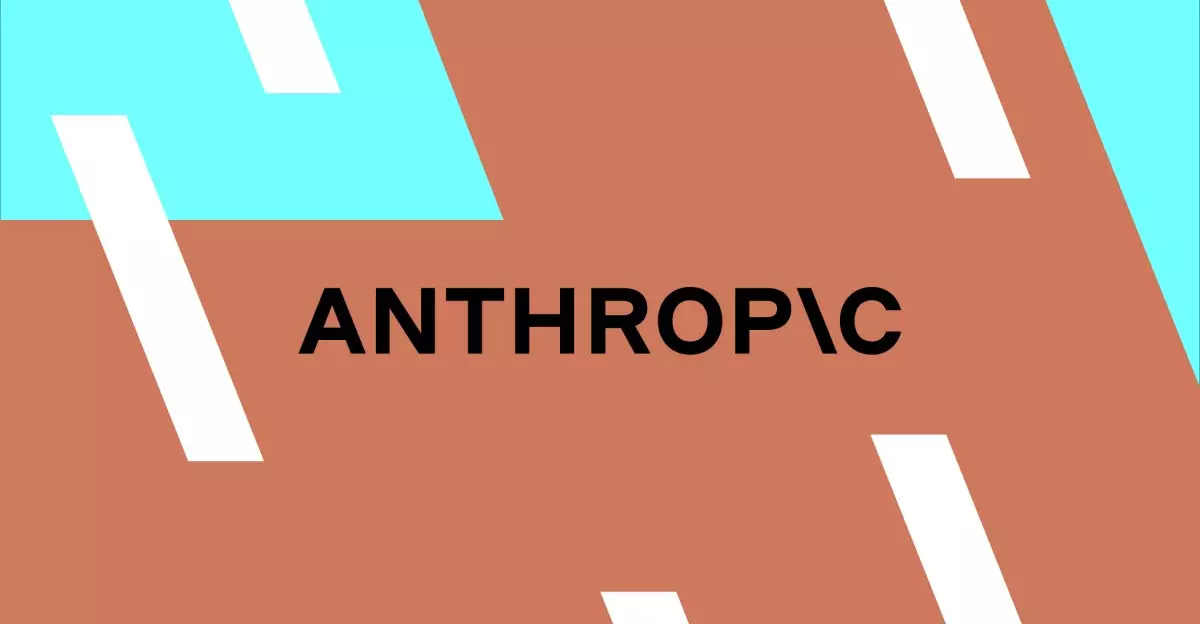In an era of rapid technological advancement, Anthropic, a prominent player in the artificial intelligence landscape, is pushing the boundaries of what’s possible with its latest release, Claude 3.7 Sonnet. This innovative model is designed to address increasingly complex challenges across various domains, particularly in coding, finance, and legal tasks. Centered on the concept of a hybrid reasoning model, it heralds a significant evolution in how AI can assist professionals in their everyday tasks—focusing on functionality that feels collaborative rather than merely reactive.
As part of this significant release, Anthropic is testing a new coding tool known as Claude Code. Dubbed an “agentic” tool, Claude Code positions itself as a dynamic partner in coding projects. Unlike conventional coding assistants, Claude Code is equipped to undertake a variety of functions: it can actively read and write code, edit files, run tests, and interface directly with GitHub—transforming typical coding practices into a more interactive dialogue. By redefining the typical assistant role, Claude Code aims to make coding a more efficient and engaging process.
Anthropic claims that Claude 3.7 Sonnet significantly outperforms its predecessor, especially in categories that demand logical reasoning. The introduction of this model showcases advances that make it particularly efficient at handling intricate prompts, such as travel planning that includes various conditional scenarios. Dianne Penn, Anthropic’s product research lead, emphasizes this integrated approach to reasoning, underscoring how the model addresses tasks without the cumbersome delays often seen in standalone reasoning systems.
Anthropic is releasing Claude 3.7 Sonnet across various platforms, including their app and through APIs on Amazon Bedrock and Google Cloud’s Vertex AI. The pricing is consistent with the earlier models—$3 per million input tokens and $15 per million output tokens—allowing developers to adopt this advanced technology without significant cost increases. This economic strategy may help to democratize access to leading-edge AI, promoting wider adoption and experimentation.
Inside Anthropic, the practical applications of Claude 3.7 Sonnet are already evident. Developers have utilized this model to create diverse projects, from designing websites to developing interactive games. The ability to build and edit test cases in real-time demonstrates the model’s capacity for complex problem-solving. Additionally, a remarkable test involved using the model to navigate a retro Pokémon game, where Claude 3.7 showcased a considerable improvement over its predecessor by progressing through levels that previously stymied its earlier versions. Such tests not only highlight the technical prowess of the model but also evoke excitement about its potential use cases.
The rapid pace of AI development, amplified by competition from major players like OpenAI and Elon Musk’s recent ventures, sets the stage for an increasingly dynamic landscape. Anthropic’s Claude 3.7 Sonnet positions itself as a leader in this space, merging functionalities previously separated into distinct categories into a singular, versatile platform. The company’s approach to model training—recognizing developers’ needs for speed and clarity—illustrates a keen understanding of user experience, suggesting a future where AI can meet a wider range of demands in less time.
As the technology surrounding artificial intelligence continues to improve, Claude 3.7 Sonnet signals a promising shift not just in performance but also in the relationship between AI and human users. With Claude Code as an active collaborator, Anthropic empowers coders and professionals to approach tasks with enhanced creativity and efficiency. This marks a significant step forward in integrating AI into everyday processes, hinting at a future where such tools become indispensable partners in innovation and productivity. As this sector evolves, the implications of such technology will undoubtedly shape not just individual workflows but the broader landscape of the tech industry itself.

